The motor generator is a versatile device that plays a crucial role in various applications, offering a seamless transition between the roles of a motor and a generator. This device is employed in diverse fields for its ability to convert electrical energy into mechanical energy and vice versa. Whether providing stable power in residential settings, ensuring reliability in industrial processes, or offering quick response in flywheel applications, the motor generator's dual functionality continues to play a pivotal role in powering and driving diverse applications across various industries.
Some advantages of a motor generator
One of the key functionalities of a motor generator set lies in its application as a synchronous generator. In this mode, the device operates as a generator, producing electrical energy with a synchronous generator's precision. This feature is particularly valuable in scenarios where consistent and synchronized electrical power is essential, such as in power plants and industrial settings. Conversely, the motor generator set can seamlessly transition to operate as a motor, converting electrical energy back into mechanical energy. This dual functionality is integral in situations where a controlled and efficient conversion between electrical and mechanical energy is required. The motor generator's versatility makes it a valuable component in systems that demand precise control over power generation and consumption.
Another vital application of the motor generator set is found in the context of a diesel engine generator. In this configuration, the device is often coupled with a diesel engine to provide an independent source of electrical power. Diesel engine generators are commonly used in remote locations, construction sites, and emergency backup power systems due to their efficiency and ability to generate power autonomously.
Some popular types of motor generators
The generator 220 volt variant of the motor generator is designed to produce electrical energy at the standard voltage level used in many residential and commercial applications. This makes it suitable for powering various appliances and equipment commonly found in households and businesses. The 220-volt generator is a practical solution for providing a stable and consistent power supply in areas where this voltage standard is prevalent. In the realm of direct current (DC) applications, the DC motor generator plays a pivotal role. This type of motor generator set is designed to convert direct current electrical energy into mechanical energy and vice versa. DC motor generators are employed in a variety of systems, ranging from electric vehicles to industrial processes that require precise control over speed and torque.
One notable type of motor generator is the flywheel generator. In this configuration, the device includes a flywheel to store rotational energy. This stored energy can be harnessed when needed, offering a source of power during intermittent periods or providing stability in systems with fluctuating energy demands. Flywheel generators find applications in uninterruptible power supply (UPS) systems and other situations where a quick response to changes in power demand is crucial. The motor generator's ability to seamlessly switch between motor and generator modes makes it an invaluable component in various industries. Its dual functionality is not only versatile but also contributes to energy efficiency by allowing the conversion and utilization of energy in a controlled manner. This adaptability is particularly advantageous in applications where precision, reliability, and efficiency are paramount.

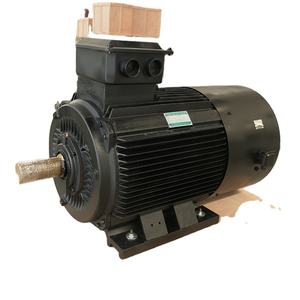
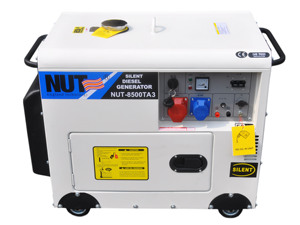

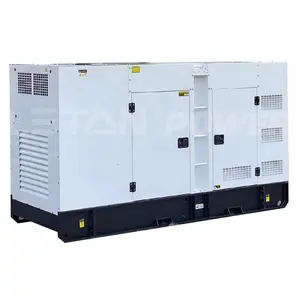

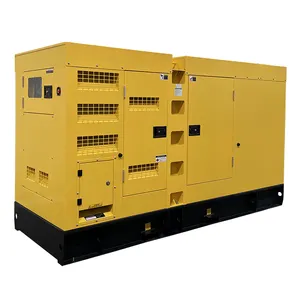

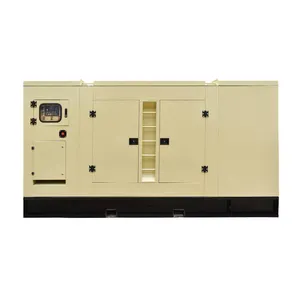



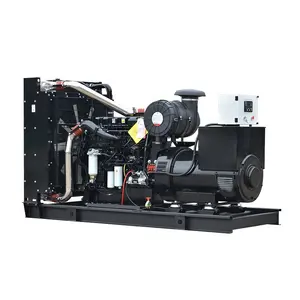










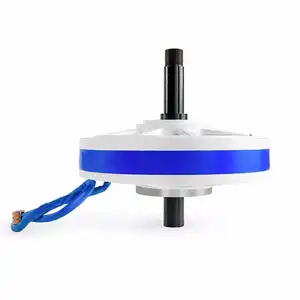








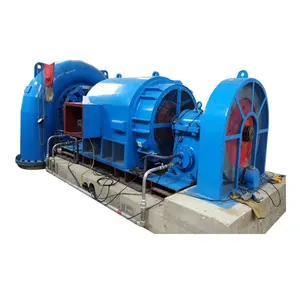





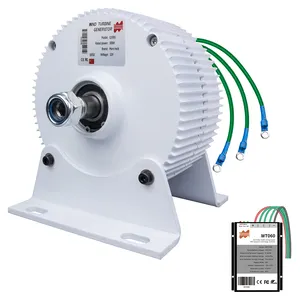
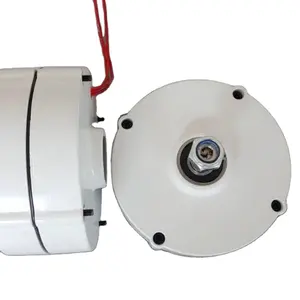






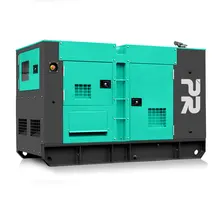



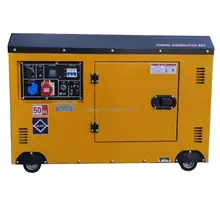






















 浙公网安备 33010002000092号
浙公网安备 33010002000092号 浙B2-20120091-4
浙B2-20120091-4